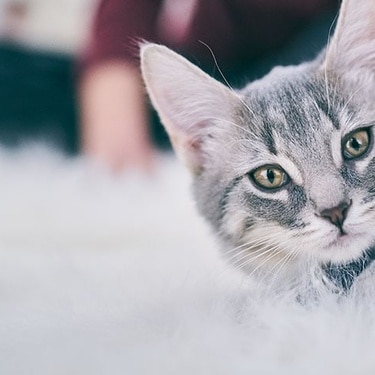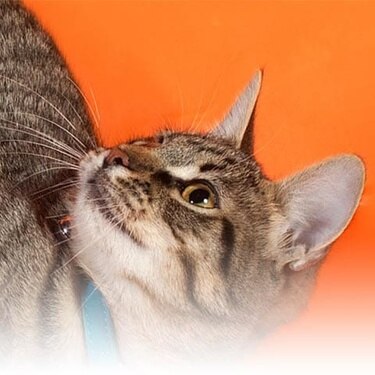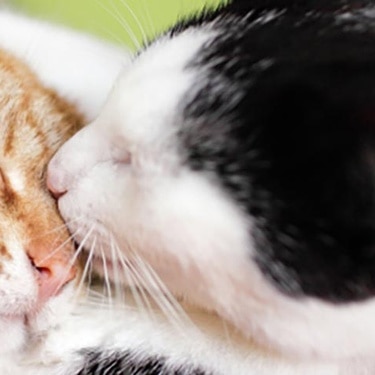
-
Find the right food for your petTake this quiz to see which food may be the best for your furry friend.Find the right food for your petTake this quiz to see which food may be the best for your furry friend.Health CategoryFeatured products
 Adult 6+ Large Breed Chicken Meal, Barley & Rice Recipe Dog Food
Adult 6+ Large Breed Chicken Meal, Barley & Rice Recipe Dog FoodSupports energy level, joint health, and beautiful coat in large breed mature dogs
Shop Now Healthy Mobility Large Breed Chicken Meal, Barley & Brown Rice Recipe Dog Food
Healthy Mobility Large Breed Chicken Meal, Barley & Brown Rice Recipe Dog FoodAdvanced nutrition shown to support joint health and improve mobility
Shop Now Adult Perfect Weight & Joint Support Chicken & Brown Rice Recipe Dog Food
Adult Perfect Weight & Joint Support Chicken & Brown Rice Recipe Dog FoodThis weight management and mobility support dog food was created with Hill’s unique understanding of the biology of overweight dogs.
Shop NowFeatured products Kitten with Salmon
Kitten with SalmonPrecisely balanced nutrition with the delicious taste of minced salmon to help build immunity and a healthy digestive system
Shop Now Adult Indoor Savory Chicken Entrée Cat Food
Adult Indoor Savory Chicken Entrée Cat FoodPrecisely balanced nutrition for indoor cats with the delicious taste of savory minced chicken
Shop Now Adult Perfect Weight Salmon & Vegetable
Adult Perfect Weight Salmon & VegetableOver 70% of cats lost weight within 10 weeks when fed this nutrition
Shop Now -
DogCat
- Cat Tips & Articles
-
Health Category
- Weight
- Skin & Food Sensitivities
- Urinary
- Digestive
- Kidney
- Dental
- Serious Illness
-
Life Stage
- Kitten Nutrition
- Adult Nutrition
Featured articles Water
WaterWater is the most important nutrient of all and essential for life. Animals can lose almost all their fat and half their protein and still survive, but if they lose 15% of their water, it will mean death.
Read More Pet Food Storage Tips
Pet Food Storage TipsWhere you store your cat and dog food can make a big difference in the quality and freshness once it is opened. Here are some common questions and recommendations for optimal storage for all of Hill’s dry and canned cat and dog food.
Read More The Right Diet For Your Pet
The Right Diet For Your PetLearn what to look for in healthy pet food & nutrition, including ingredients, quality of the manufacturer, your pet's age, and any special needs they have.
Read More -


If your cat is a fussy eater, then don’t worry, because they have a reputation for being extremely finicky. In truth, this behaviour is generally learned and not bred into them.
You may think your cat wants or requires variety in their diet but in actual fact, she will happily eat the same food everyday for all of her life provided it is a nutritious meal.
Slowly, slowly
What may seem like finicky eating may just be your cat taking her time. Many cats are nibblers and prefer to have a mouthful of food now and again. Just because she doesn’t eat the whole bowl right away doesn’t mean she doesn’t like the food.
My cat's not eating enough
Your cat may be avoiding her food because she’s getting extra treats somewhere else. If you treat your cat a lot or feed her scraps from the table, you need to stop. Your cat will complain for a while but eventually she’ll understand that the only food she’s going to get is from her bowl.
Try to make sure no one else is treating the cat – either in your household or in the neighbourhood. It only takes one person to change how your cat expects to get her food.
If you tried giving your kitten several different foods to see which she preferred, you may find that by the time she grows up. you have given her the impression that you’ll always do this. If you’re opening multiple cans of food and trying to coax your cat into eating something every meal, then your cat has got you trained.


Tasty Tips
Here’s a very effective way to train your cat to eat only what you want her to eat:
- Put out the food you want your cat to eat for half an hour.
- If she doesn’t eat it, take it away.
- Repeat until she eats.
After a day or two of this your cat may start howling for extra treats. Don’t give in. Your cat isn’t starving; she’s just using her charms to get what she wants. You may have to put up with a couple weeks of complaining, but this treatment will soon put a stop to fussy eating.
Switching to a new food
If you’re changing your cat’s food you should do it gradually. Start by mixing a little of the new food with her regular food, gradually increasing the amount until only the new food is fed.
When to call the vet
If your cat suddenly becomes very finicky after not previously displaying that kind of behaviour, or appears to be losing weight you should talk to your vet. Sometimes behaviour that appears fussy can be caused by an underlying medical reason like a dental problem, a digestive upset or hairballs.
Related products

Over 70% of cats lost weight within 10 weeks when fed this nutrition

Precisely balanced nutrition for indoor cats with the delicious taste of savory minced chicken

Over 70% of cats lost weight within 10 weeks when fed this nutrition

Precisely balanced nutrition with the delicious taste of minced salmon to help build immunity and a healthy digestive system
Related articles

Get helpful information on proper feline oral healthcare and why it's so vital to take care of your cat's teeth.

HillsPet Nutrition provides information on proper nutrition, fitness and special needs in keeping your cat healthy and happy.

As a responsible pet owner you owe it to yourself and your cat to understand problems associated with overweight cats.

Being overweight puts a cat at risk for developing many serious health issues. Weight gain indicates an increase in body fat and usually results when your cat eats too much and exercises too little.

Put your cat on a diet without them knowing
Our low calorie formula helps you control your cat's weight. It's packed with high-quality protein for building lean muscles, and made with purposeful ingredients for a flavorful, nutritious meal. Clinically proven antioxidants, Vitamin C+E, help promote a healthy immune system.
Put your cat on a diet without them knowing
Our low calorie formula helps you control your cat's weight. It's packed with high-quality protein for building lean muscles, and made with purposeful ingredients for a flavorful, nutritious meal. Clinically proven antioxidants, Vitamin C+E, help promote a healthy immune system.


